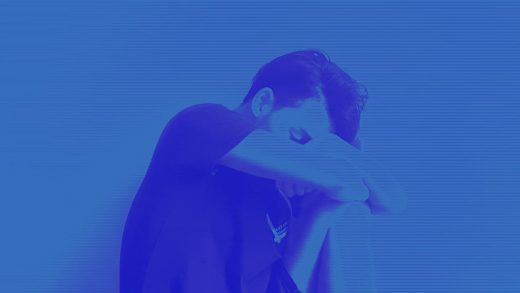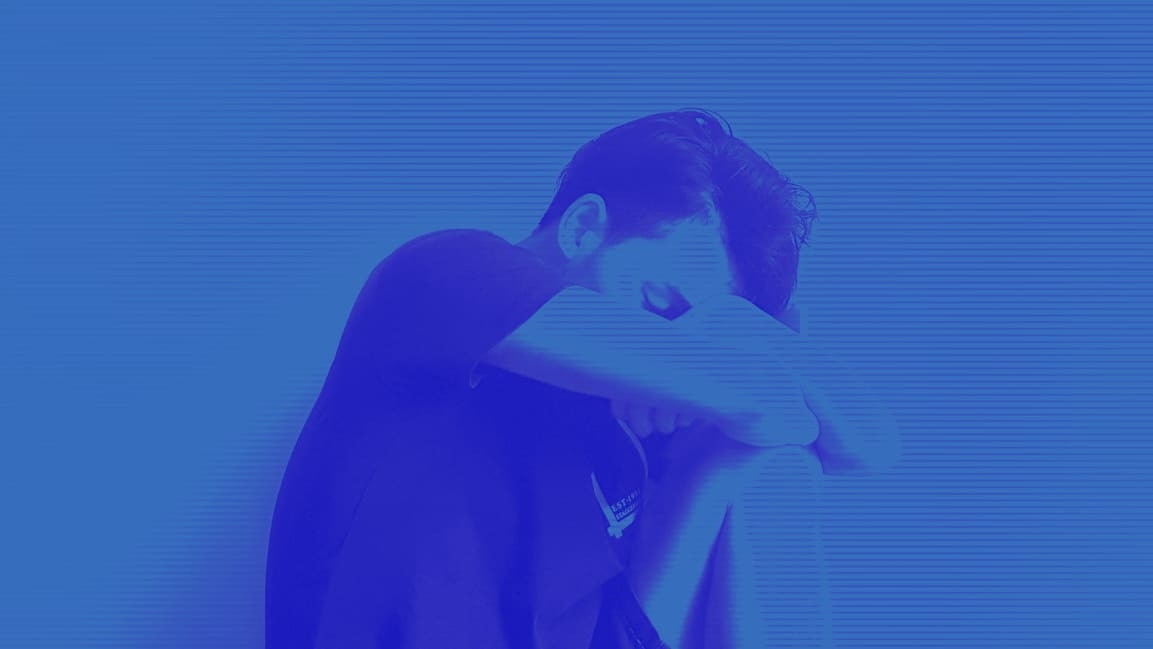3 signs that your coworker may be struggling with mental health issues
The COVID-19 outbreak and its implications are causing an increase in employees’ stress levels and symptoms of depression and anxiety. The lack of social interactions coupled with financial and professional uncertainty is difficult for most people, resulting in work-related stress.
According to a survey conducted by my company Cassiopeia, 15% of employees indicate that the work with their colleagues has become more stressful since the shift to remote work. Likewise, 13% of employees indicate engagements (verbal or written) have become more aggressive or impatient.
Remote work exacerbates challenges in assessing employees’ mental health and well-being. According to Cassiopeia’s data, 41% of employees indicate that the difficulty in assessing their colleague’s well-being is one of the challenges that disturbs their performance or leadership the most.
As we no longer encounter people in the hallways or in the company’s kitchen, remote work requires managers and colleagues to be more proactive and sensitive to detect the red flags that could signal mental health issues.
Silja Litvin, a clinical psychologist and the founder of PsycApps, outlines three signs that indicate your colleague may be experiencing mental health issues and what actions you can take to help.
Change in behaviors, body language, and/or communication tone
Personality traits as possibly measured by the Big 5 Personality Test are consistent. For example, your bubbly, extroverted colleague will likely exhibit those traits in every situation.
That colleague will find it just as hard to stay quiet and listen on a videoconference call as they would in a real-life meeting. But mental illness can have an impact on behavior and even the strongest of personality traits.
Look out for those colleagues whose personalities and/or behavior have changed since lockdown.
These changes in behavior are all indicators that a compassionate one-to-one may be in order. Have your resources ready for when they do open up, so you know how to help them.
Aggression
Everyone experiences mental illness differently. No two depressed people feel the same or show the same exact signs, but there are patterns. Often men will respond to anxiety and depression with anger more than sadness. Your usually calm and grounded colleagues may become irritable and aggressive, which could very well stem from stress, anxiety, and possibly depression.
The first step is to not take aggression personally. Ever had toddlers in your home for seven weeks straight with no place to go?
The second step is to gently inquire about that person’s well-being. Just please, don’t fall into the trap of accusing a colleague of going through a mental health crisis because you feel attacked.
They may already be telling you they’re unwell
That short window of small talk before a meeting actually starts is often full of little fun stories of what is happening to us during the lockdown. We jokingly share that we’re overeating or want to abandon our kids in the wilderness. But certain things can be signs of mental distress: insomnia, oversleeping, overeating, fatigue, restlessness, the feeling of not being motivated, or worrying are all symptoms of depression and anxiety.
It is so easy to laugh when someone jokingly tells you they only slept two hours that night because they binge-watched a show, but if it happens more than once, it may be a good idea to check in and see if it has become a pattern.
The most important proactive thing you can do when taking responsibility for your colleague’s well-being is listening. Take the time to check in with each team member and simply ask them how they’re doing and what is the biggest challenge they are facing at the moment—whether personal or not.
Maybe it’s an easy fix. Many of our mental health issues stem from sources we can easily change. Sometimes it will require consulting an external resource, such as a general practitioner or a counselor. Don’t be afraid to broach the topic—just remember not to assume anything, listen, be supportive, and convey your concern with compassion.
Shiran Yaroslavsky is the CEO and cofounder of Cassiopeia, a technology solution that empowers managers that lead fully or partially remote teams with actionable insights to boost team collaboration, belonging, and mental health by analyzing communications patterns.
Silja Litvin is the CEO and founder of PsycApps, a PhD candidate and honorary research associate at UCL in London.
(24)



